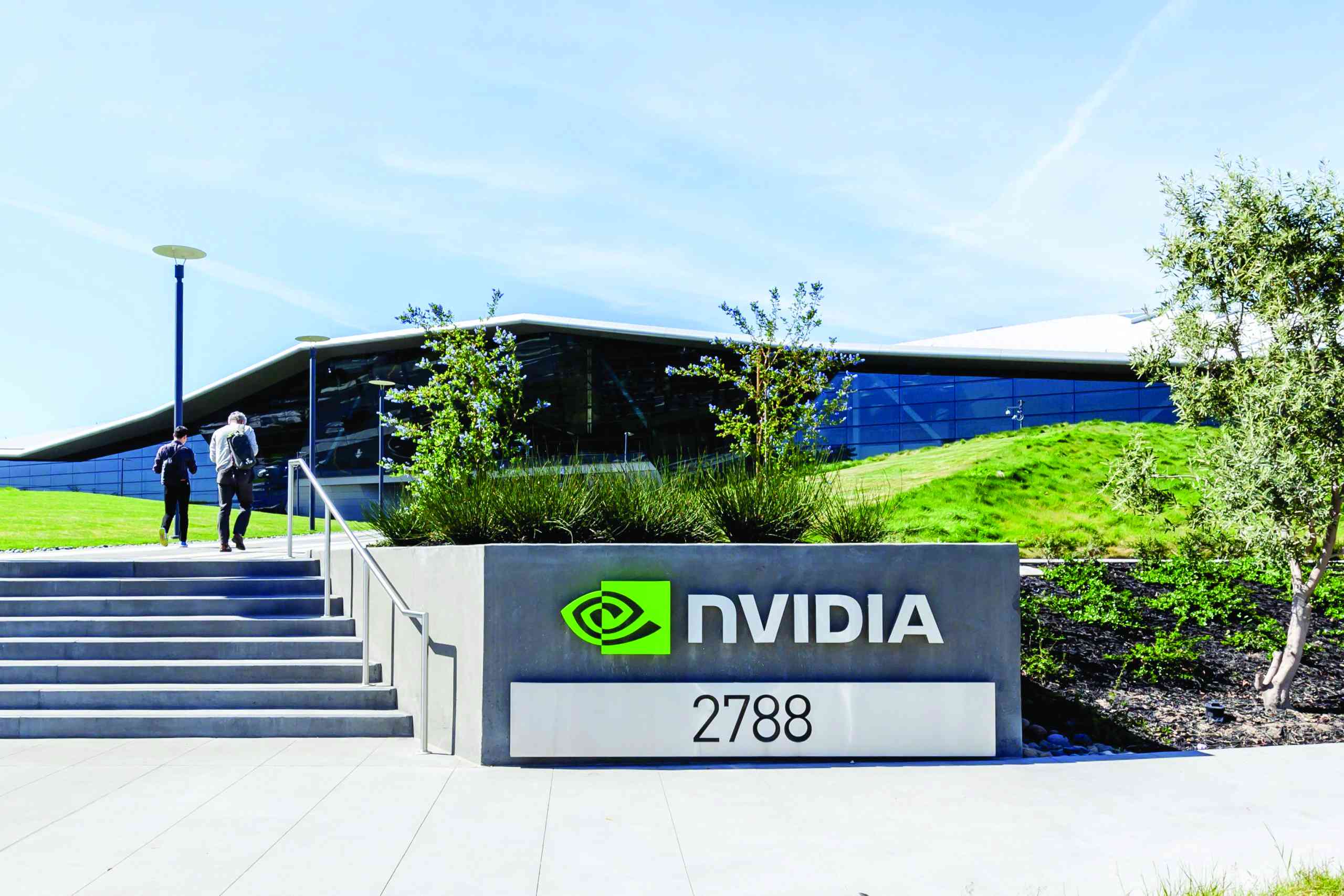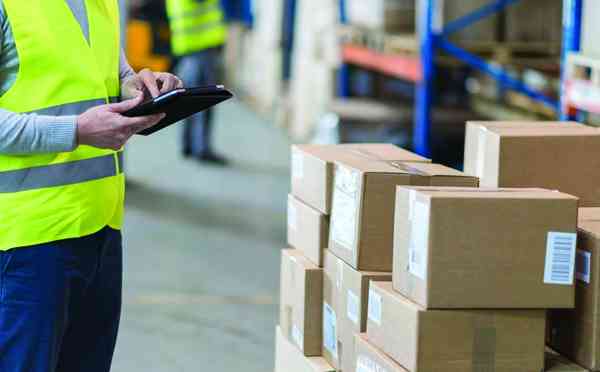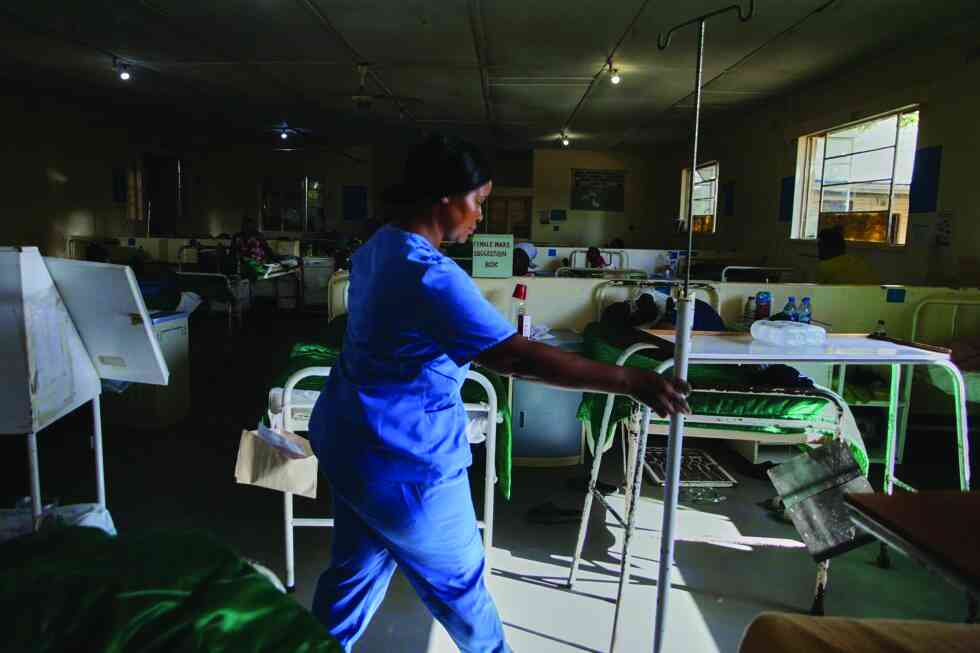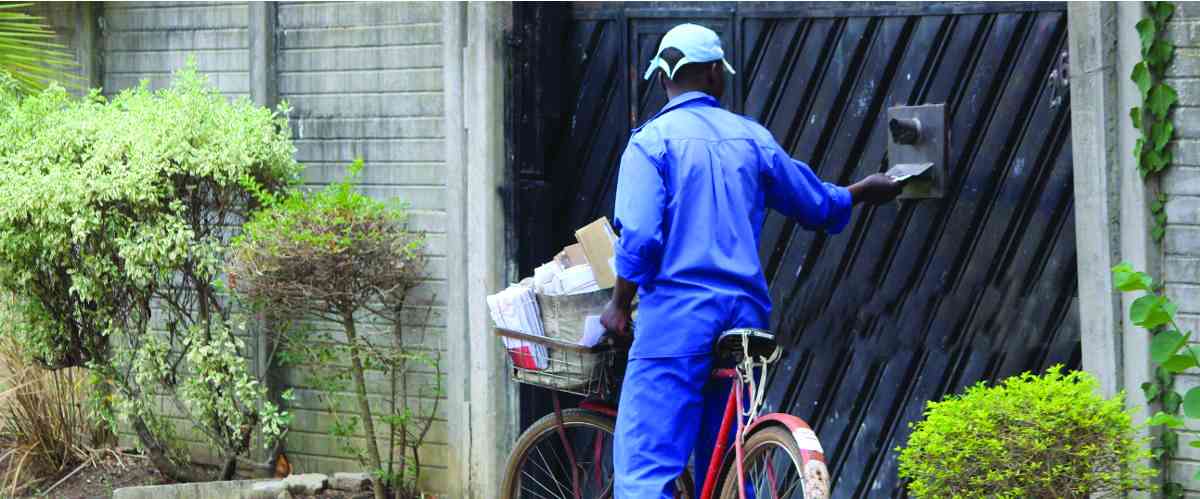
THIS article is a response to a question I got from one reader: What does the setting up of Africa’s first AI factory mean for Zimbabwe and Africa?
Last week’s announcement by Cassava Technologies, founded by Zimbabwean billionaire Strive Masiyiwa, that Africa will soon open its very first artificial intelligence (AI) factory has sent ripples of excitement across the continent.
In partnership with Nvidia, the global leader in AI chip technology, Cassava will deploy supercomputers powered by advanced GPUs (graphics processing units) to revolutionise Africa’s AI landscape. Starting in South Africa, these facilities will soon spread to other countries, including Kenya, Nigeria, Morocco, and Egypt.
But what does this really mean for Zimbabwe? How does this development hold promise for the entire continent? And why should we care about AI infrastructure when we are still addressing basic developmental challenges?
Technological independence
Africa has long struggled to keep pace with the global AI revolution. A lack of computing power has been one of the most significant barriers, making innovation a slow and often inaccessible process for the majority of the continent’s AI practitioners.
Did you know that only 5% of Africa’s AI builders have access to the necessary computational tools for research and innovation?
That figure should make anyone stop and think: Without access to the right infrastructure, how can the continent truly compete on a global stage?
- DPA clinches huge 4MW rooftop solar project in Kenya.
- Govt must take heed: Businesses are struggling
- Telecoms giants walk tight rope amid power crisis
- Zim heading nowhere faster!
Keep Reading
This is where Cassava’s factory changes the narrative. By housing cutting-edge GPUs, the same technology that powers giants such as Tesla, Meta, OpenAI, and Google, these data centres aim to level the playing field.
Isn’t it time Africa had the tools to match its abundant talent and bold ideas?
For Zimbabwe, where innovation often struggles under economic constraints, this development could provide local entrepreneurs and researchers with the computational power they need to innovate efficiently, securely, and affordably. Wouldn’t that open the door for Zimbabwean solutions to regional and global challenges?
AI for everyday benefits
One of the promises of the AI factory is democratisation. But what does that really mean?
Take a moment to imagine this, instead of relying on expensive foreign cloud services such as Amazon Web Services or Google Cloud, African businesses and researchers could access affordable and faster compute resources right here on the continent. What would that mean for the cost of innovation?
For startups in Harare, it could mean lower entry barriers to developing AI-powered solutions for agriculture, healthcare, and financial services. Could Zimbabwe finally tap into homegrown technologies tailored to its unique challenges?
Consider the agricultural sector, a cornerstone of Zimbabwe’s economy. What if AI-enabled systems could analyse soil health, predict rainfall, or optimise irrigation for small-scale farmers?
Isn’t that the kind of innovation that could lift rural communities? And it does not stop there.
How about using AI to improve healthcare accessibility, streamline logistics, or create smarter cities? The possibilities are as exciting as they are endless.
Addressing longstanding inequalities
Let us not overlook another crucial benefit: representation.
Global AI training datasets have historically overlooked African demographics, languages, and environments. Have you ever wondered why some facial recognition systems struggle with darker skin tones or why certain AI tools seem irrelevant in African contexts? This bias stems from the lack of localised data.
With better AI infrastructure, African researchers could train models using datasets that truly represent the continent’s diversity, making innovations more inclusive and impactful.
For Zimbabwe, this means more opportunities to digitise and preserve local languages and cultural heritage through AI.
Imagine AI systems fluent in Shona, Ndebele, and other indigenous languages.
Wouldn’t that strengthen our identity in an increasingly digital world?
Could it even ensure that our cultural values remain vibrant and recognised globally?
Overcoming challenges
Of course, the road ahead isn’t without hurdles. How will Cassava address Africa’s infrastructure challenges, such as unreliable power grids? What about the affordability of AI tools?
Did you know that purchasing a GPU in Kenya can cost 75% of gross domestic product (GDP) per capita — 31 times more expensive than in Germany? Even with local data centres, will these systems be accessible to ordinary Zimbabweans, particularly those in rural areas?
Let’s also not forget the issue of hardware limitations. Many Africans rely on lower-grade smartphones with limited capabilities for internet apps.
If end-users cannot efficiently run AI models, how will the technology truly permeate everyday life? These are real questions that demand thoughtful answers. Yet, the fact remains: Cassava’s AI factory is a significant step in the right direction. Isn’t it time Africa’s big tech players invested in solutions that move us forward?
A call to action for Zimbabwe
For Zimbabwe, this development is not just about accessing AI tools. It is about embracing a mindset of innovation and opportunity. How can our government ensure that Zimbabweans benefit directly from this factory? Should we begin prioritising AI education in schools or incentivising startups to integrate AI solutions? Could this factory spark interest in developing our own localised AI frameworks and policies? And wouldn’t this be the perfect opportunity to position Zimbabwe as a leader in Africa’s AI journey?
Strive Masiyiwa’s bold move shows that Zimbabweans can lead on the global stage, but we need to support such ventures actively. This AI factory is a reminder that Africa, including Zimbabwe, can build solutions that address our own challenges rather than relying on imported technologies. But the success of such initiatives will depend on how well we align infrastructure with human potential.
What does the future look like?
So, what does this mean for Africa’s future? Will we see more factories such as this cropping up across the continent? Could this create a ripple effect, inspiring other tech leaders to invest in African AI infrastructure? And most importantly, will Zimbabwe and other nations fully harness this momentum to transform their economies and societies?
Cassava’s AI factory is not just a story of technological advancement. It is a story of possibilities. For Africa, it is a chance to leap forward and close the gap with the rest of the world. For Zimbabwe, it is a call to rise and claim its place in this exciting new era of innovation. Isn’t that a future worth striving for?
- Dr Sagomba is a doctor of philosophy, who specialises in AI, ethics and policy researcher, AI governance and policy consultant, ethics of war and peace research consultant, political philosophy and also a chartered marketer- [email protected]/ LinkedIn; @ Dr. Evans Sagomba (MSc Marketing)(FCIM )(MPhil) (PhD)/ X: @esagomba










